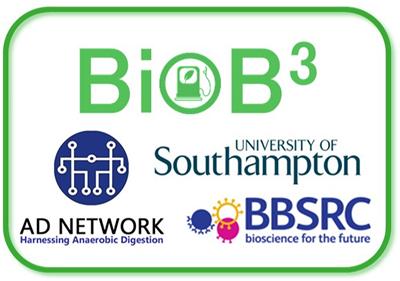Research project: Biobutanol production via bioelectrochemical reduction of butyric acid
This proof-of-concept project focuses on diversification of anaerobic digestion into the field of industrial biotechnology through the conversion of one of its intermediate bulk chemicals, butyric acid, into butanol using a microbial electrochemical system.
